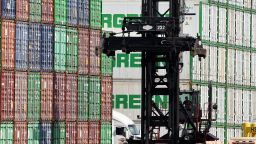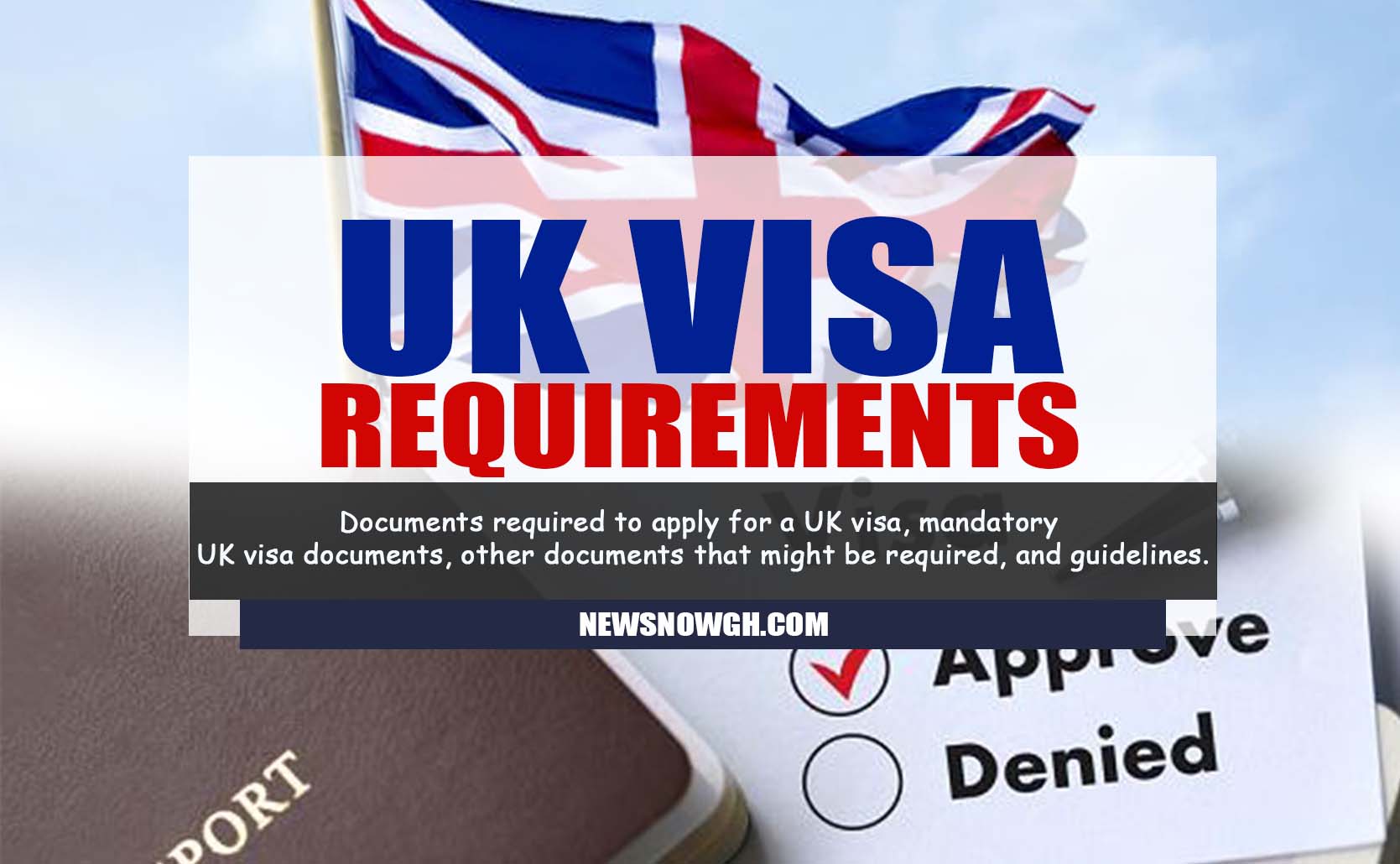Trump Administration Considers Tariffs For Commercial Aircraft And Engines

Table of Contents
Potential Targets and Impact
The potential imposition of tariffs on commercial aircraft and engines would significantly impact the aviation industry, particularly Boeing and Airbus, the two giants dominating the market. Understanding the potential targets and their ripple effects is crucial. Keywords: Boeing, Airbus, tariff impact, aviation supply chain, global trade.
-
Specific Targets: While specifics remain unclear, the tariffs could target a wide range of aircraft models and engine types produced by both Boeing and Airbus. This could include everything from single-aisle airliners to wide-body jets and their corresponding engines. The impact would depend heavily on the precise scope and rates of the tariffs.
-
Financial Impact: The financial consequences for Boeing and Airbus could be substantial. High tariff rates would increase the cost of importing aircraft and engines, potentially reducing demand and impacting profitability. This could lead to job losses, reduced investment in research and development, and a general slowdown in the industry.
-
Retaliatory Tariffs: The EU, a major player in the aircraft manufacturing sector, is likely to retaliate with its own tariffs on US goods, escalating the trade war and further harming the global economy. This could create a tit-for-tat scenario with detrimental consequences for international trade.
-
Consumer Impact: Ultimately, consumers will likely bear the brunt of these tariffs through higher airfares. Increased costs for airlines due to tariffs will inevitably be passed on to passengers, making air travel more expensive.
-
Job Losses: The aerospace industry employs millions worldwide. Tariffs could lead to job losses in manufacturing, supply chains, and related services in both the US and other countries. This could have significant social and economic consequences.
Reasons Behind the Tariff Consideration
The Trump administration's consideration of tariffs is rooted in long-standing trade disputes with the EU, primarily concerning alleged unfair subsidies provided to Airbus. Keywords: Trade disputes, WTO, subsidies, unfair competition, national security.
-
Alleged Airbus Subsidies: The administration alleges that the EU has provided substantial illegal subsidies to Airbus, giving it an unfair competitive advantage over Boeing. This claim has been a focal point of a protracted trade dispute investigated by the World Trade Organization (WTO).
-
WTO Rulings: The WTO has indeed ruled against both Airbus and Boeing, finding instances of illegal subsidies on both sides. However, the US argues that the EU's subsidies are more significant and have caused more harm to Boeing.
-
National Security Concerns: The administration may also invoke national security concerns to justify the tariffs, arguing that the dominance of foreign manufacturers in the commercial aircraft sector poses a threat to US national interests. This argument is often used to justify protectionist measures.
-
Economic and Political Motivations: Beyond specific trade disputes, economic and political considerations likely play a role. The administration may aim to pressure the EU into concessions on other trade issues or to bolster domestic industries perceived as being at a competitive disadvantage.
Industry Response and Potential Outcomes
The aviation industry has responded to the threat of tariffs with a mixture of concern, lobbying efforts, and calls for negotiation. Keywords: Industry reaction, lobbying efforts, economic consequences, international relations.
-
Industry Statements: Boeing, Airbus, and various industry associations have publicly expressed their opposition to the tariffs, highlighting the negative consequences for the global economy and the aviation sector. They have engaged in intense lobbying efforts to prevent their implementation.
-
Potential Legal Challenges: The affected companies are likely to pursue legal challenges to any imposed tariffs, arguing against their legality and fairness under international trade law. This could lead to prolonged legal battles.
-
Negotiation and Compromise: There's a possibility of negotiation and compromise between the US and the EU to resolve the trade dispute without resorting to tariffs. This would require both sides to make concessions and find a mutually acceptable solution.
-
Implications for US-EU Relations: The imposition of tariffs would further strain already tense US-EU relations, potentially harming broader cooperation on other global issues. It could also set a precedent for future trade disputes and escalate protectionist measures worldwide.
Conclusion
The Trump administration's consideration of tariffs on commercial aircraft and engines is a serious development with potentially far-reaching implications for the aviation industry, international trade, and consumers. The stated reasons, potential targets, and strong industry response highlight the complexity and high stakes involved in this ongoing situation. Understanding the intricacies of these aircraft and engine tariffs is vital for navigating the shifting landscape of the global aviation market.
Call to Action: Stay informed about the evolving situation surrounding the potential imposition of tariffs on commercial aircraft and engines. Continued monitoring of official announcements from the Trump administration, industry players, and relevant international organizations is essential for understanding the future of this crucial sector. Closely following developments related to these aircraft and engine tariffs is crucial for businesses and individuals involved in the aviation industry.

Featured Posts
-
 Apple At A Crossroads Navigating The Future Of Ai
May 10, 2025
Apple At A Crossroads Navigating The Future Of Ai
May 10, 2025 -
 Elon Musks Net Worth A Recent Drop Below 300 Billion Explained
May 10, 2025
Elon Musks Net Worth A Recent Drop Below 300 Billion Explained
May 10, 2025 -
 Harry Styles Reacts To A Hilarious And Awful Snl Impression
May 10, 2025
Harry Styles Reacts To A Hilarious And Awful Snl Impression
May 10, 2025 -
 Vehicle Break Ins Prompt Law Enforcement Search In Elizabeth City
May 10, 2025
Vehicle Break Ins Prompt Law Enforcement Search In Elizabeth City
May 10, 2025 -
 Uk Visa Restrictions Report On Potential Nationality Limits
May 10, 2025
Uk Visa Restrictions Report On Potential Nationality Limits
May 10, 2025
